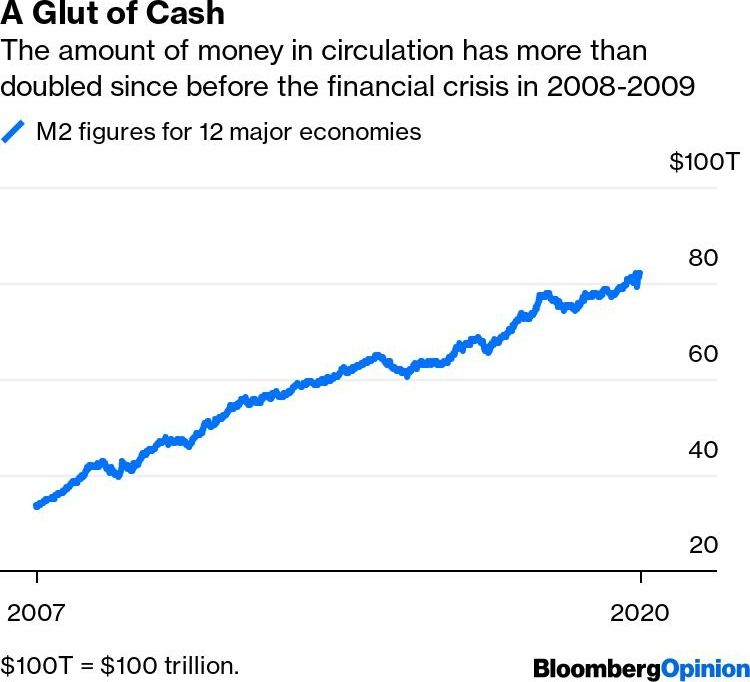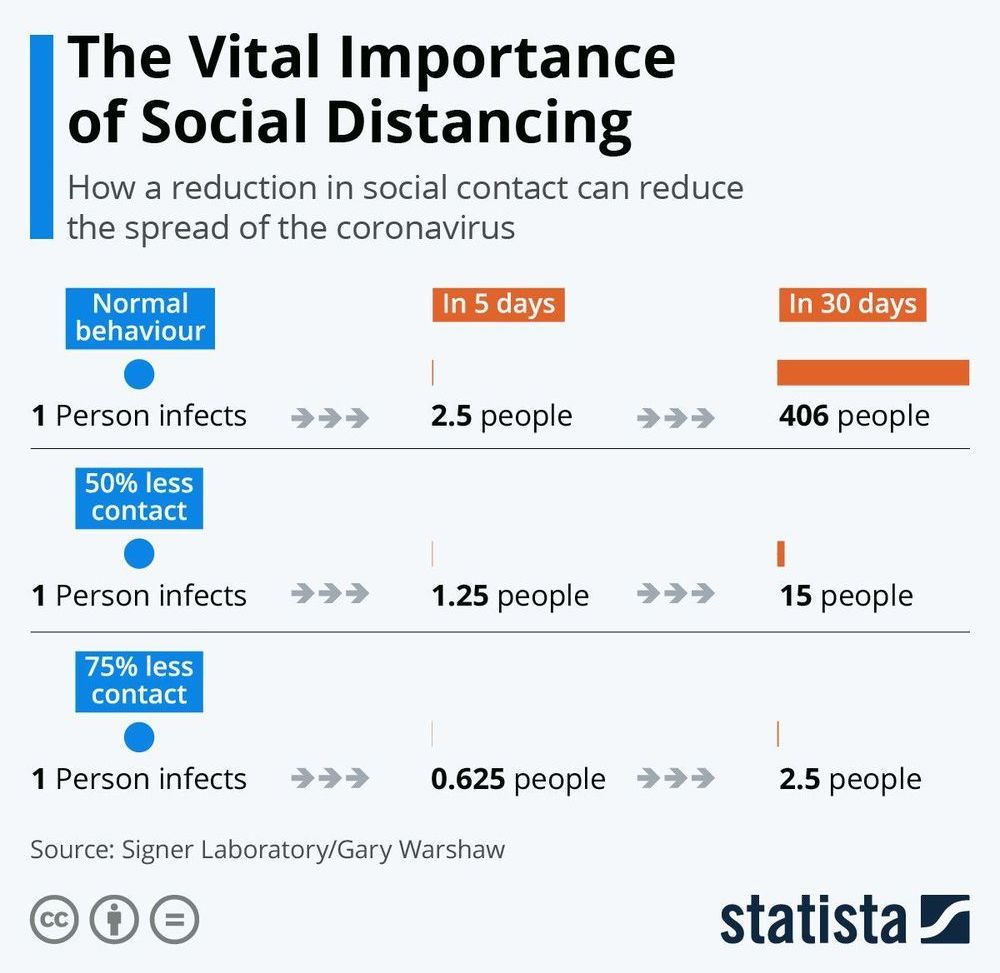The Black Death (1347−1350) was a pandemic that devastated the populations of Europe and Asia. The plague was an unprecedented human tragedy in Italy. It not only shook Italian society but transformed it. The Black Death marked an end of an era in Italy, its impact was profound, and it resulted in wide-ranging social, economic, cultural and religious changes.[1] These changes, directly and indirectly, led to the emergence of the Renaissance, one of the greatest epochs for art, architecture, and literature in human history.
The Impact of the Plague of Italy
To Black Death spread to Italy from modern-day Russia. Genoese merchants spread the plague while fleeing a Mongol attack on their trading post in Crimea. The plague was carried and spread by the fleas that lived on the Black Rat and brought to Italy on the Genoese ships.[2] The population of Italy was ill prepared for the spread of the disease. There had been a series of famine and food shortages in the region, and the population was weak and vulnerable to disease, and furthermore, the population did not have any natural resistance to the disease. Italy was the most urbanized society in Europe, Milan, Rome, Florence, and other Italian centers among the largest on the continent.[3].








